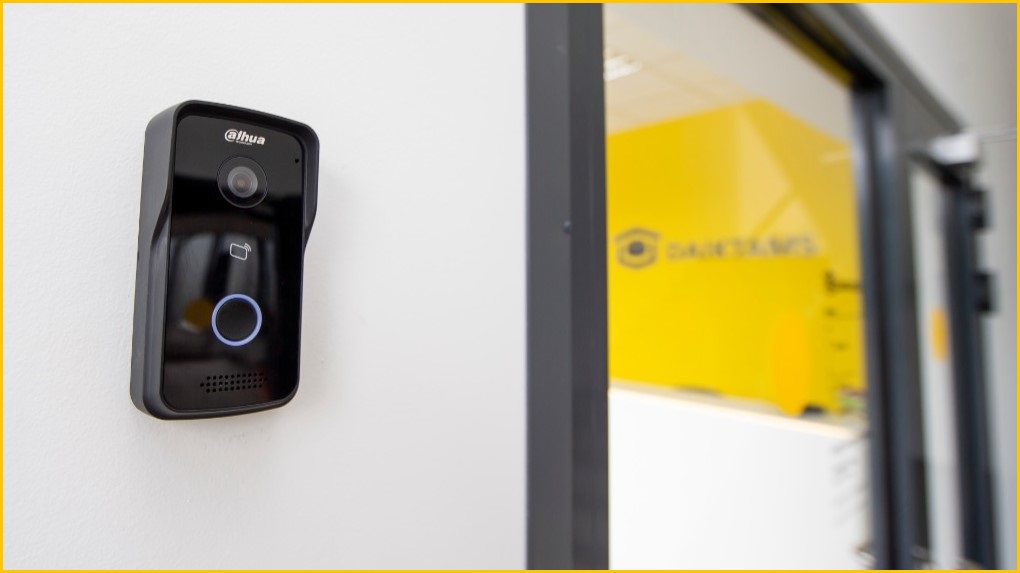There are still hundreds of China-made surveillance cameras in use across Australian government departments and agencies despite moves by the UK and US to ban them, and security warnings stretching back nearly five years.
Hikvision and Dahua are China-based companies offering video cameras and software to a range of customers around the world, including several Australian government departments and agencies.
There have been ongoing concerns around the use of these products in sensitive places due to China’s National Intelligence Law, which compels companies based in China to pass on information to intelligence authorities.
This law applies extraterritorially, meaning that a China-based company may be forced to hand over data when it is operating in other countries.
In response to these concerns, the US and UK governments have moved to ban the sale of new Hikvision and Dahua cameras, and stop their use in “sensitive sites”.
Liberal Senator James Paterson recently asked a range of government departments whether any Hikivison or Dahua devices are currently in use in their department or agencies.
It was found nearly 600 of these devices are still in use.
Paterson asked the departments whether there are any installed devices at departmental or agency facilities provided or manufactured by Hikvision or Dahua, including security cameras, intercom systems or access control systems.
Of those that responded, the Attorney-General’s Department had the most of these devices in use.
There are approximately 195 Hikvision or Dahua devices currently installed across 29 sites in Attorney-General’s Department agencies around the country.
The Department of Finance revealed that there are 122 of these devices in use across 88 of its sites, while the Australian Curriculum, Assessment and Reporting Authority has two security cameras manufactured by Hikvision at one of its office sites.
In response to Paterson’s question, Services Australia confirmed it has 57 Dahua devices across 37 sites, and 70 Hikvision devices across eight sites.
“An initial assessment indicates that a majority of these devices are not connected to the Services Australia network but we are undertaking further investigation,” the agency said.
“The agency is also approaching the whole-of-government property services provider for confirmation that the relevant firmware upgrades have been applied to mitigate the cyber vulnerability advised by the Australian Cyber Security Centre.”
The National Disability Insurance Agency revealed that there are 132 Hikvision closed-circuit television cameras installed at its Geelong National Office, configured to four Hikvision Network Video Recorder units.
These cameras were installed in early 2019, and are set to be replaced in the first quarter of this year.
“This pre-dates the security branch and was part of the Geelong Head Office build project,” the Social Services Department response said.
The Australian Federal Police declined to reveal whether any of these surveillance cameras are in use in any of its offices.
“Disclosure of whether or not the AFP uses particular equipment provided by specific manufacturers may compromise the AFP’s operational and / or personnel security. On this basis, the AFP is unable to provide this information,” the AFP said.
Concerns around the cameras emerged in 2018, with US lawmakers claiming that the companies are making a “surveillance network”.
They accused the companies of spying on behalf of the Chinese government.
Last year, the UK and US governments made moves to prevent the use of these devices at government sites.
The US government banned the sale of any new equipment from these companies because they pose “unacceptable risks to national security”.
The ban only applies to future equipment to be imported or sold in the US by these companies, and doesn’t apply to products which have already been authorised.
In the UK, these cameras have been banned from “sensitive sites”.
Late last year at a Senate Estimates hearing, ASIO boss Mike Burgess said he “absolutely” has concerns about the use of these cameras at sensitive areas.
It was also revealed that Home Affairs’ network does not use any of the devices in question, but the offices the Department leases in Canberra and Adelaide do.










